Empowering victims to self-sufficiency
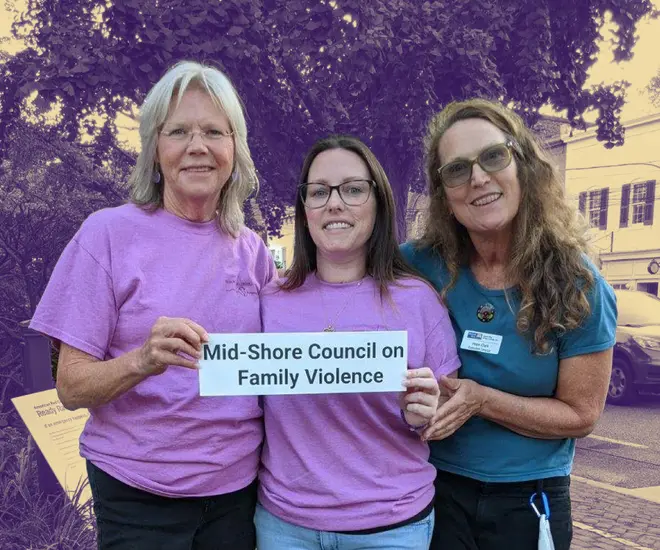
Overview
In search of safety
While rural communities are seemingly idyllic, their conditions can be isolating for victims of domestic violence. Mid-Shore Council on Family Violence (MSCFV) provides services to help survivors navigate these challenges and achieve safety and self-sufficiency.
In 1980, MSCFV was founded by a group of volunteers with a mission to help victims of domestic violence find safety. They provided a 24-hour hotline, emergency shelter, and emergency legal services, among other resources.
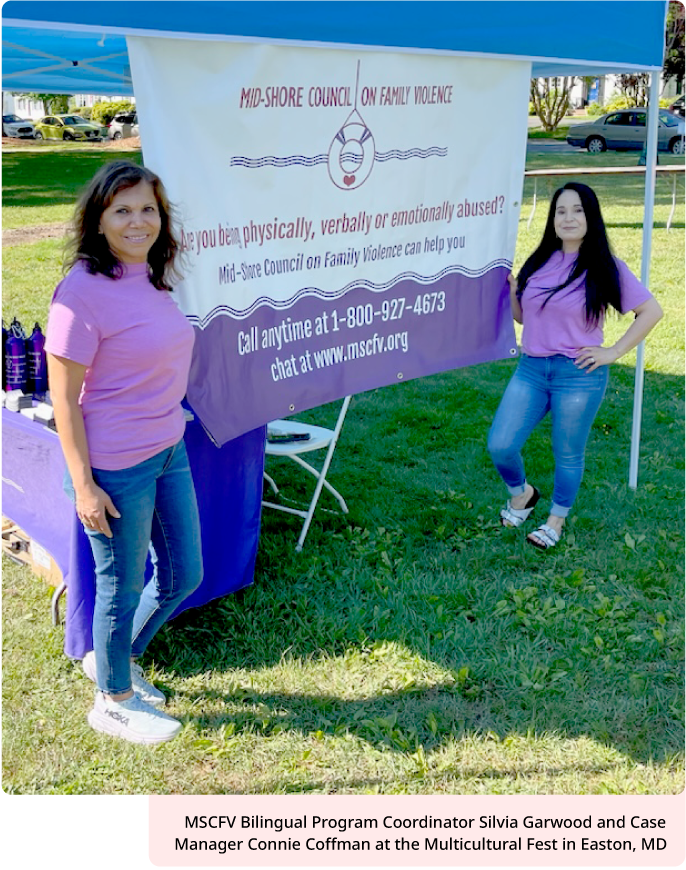
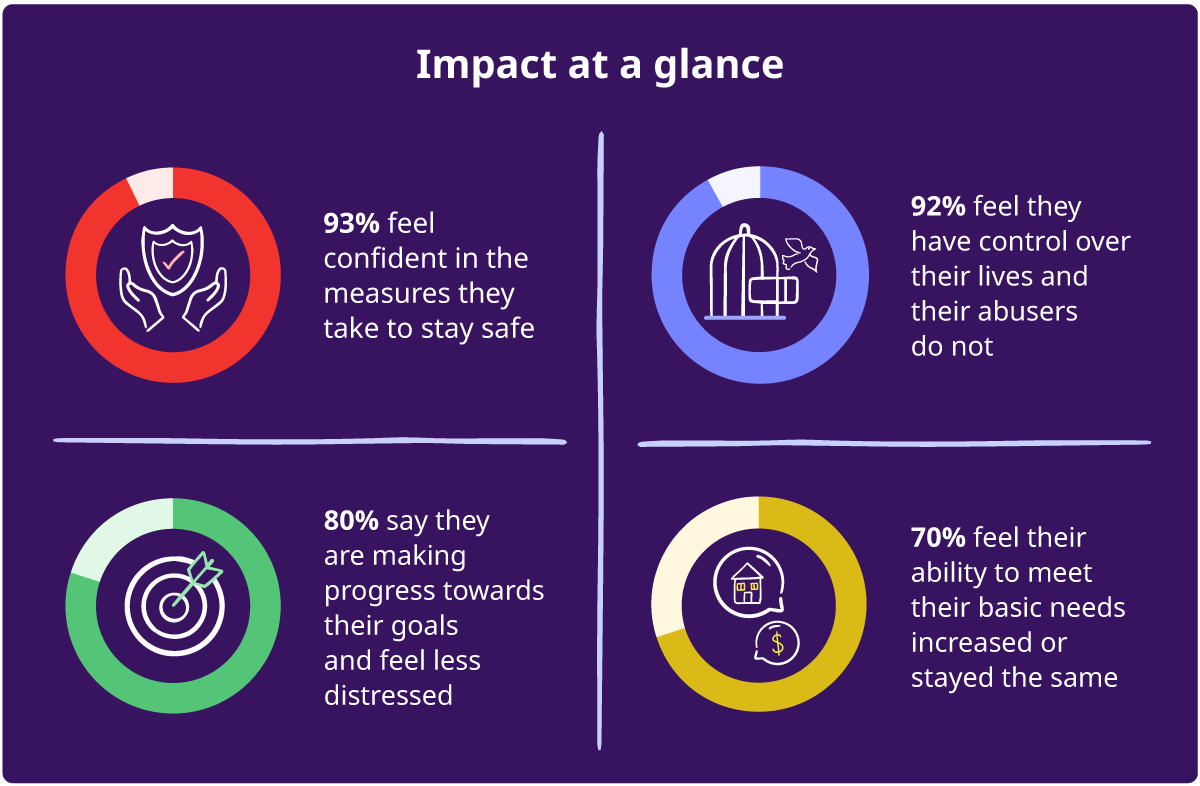
Challenge
Overcoming barriers to help
In order to understand the barriers faced by rural victims, MSCFV hosted focus groups with their clients. These groups revealed that social isolation, privacy concerns, reduced access to transportation, economic hardship, lack of affordable housing, limited childcare, and low-paying jobs make it more difficult to seek help and to leave a violent relationship permanently. In response, MSCFV implemented changes to its program to offer unique services to help clients overcome their specific barriers.
Executive Director Jeanne Yeager explained, “Our job is to get victims from crisis to self-sufficiency. What sets us apart is that we see crisis as the beginning of the journey.”
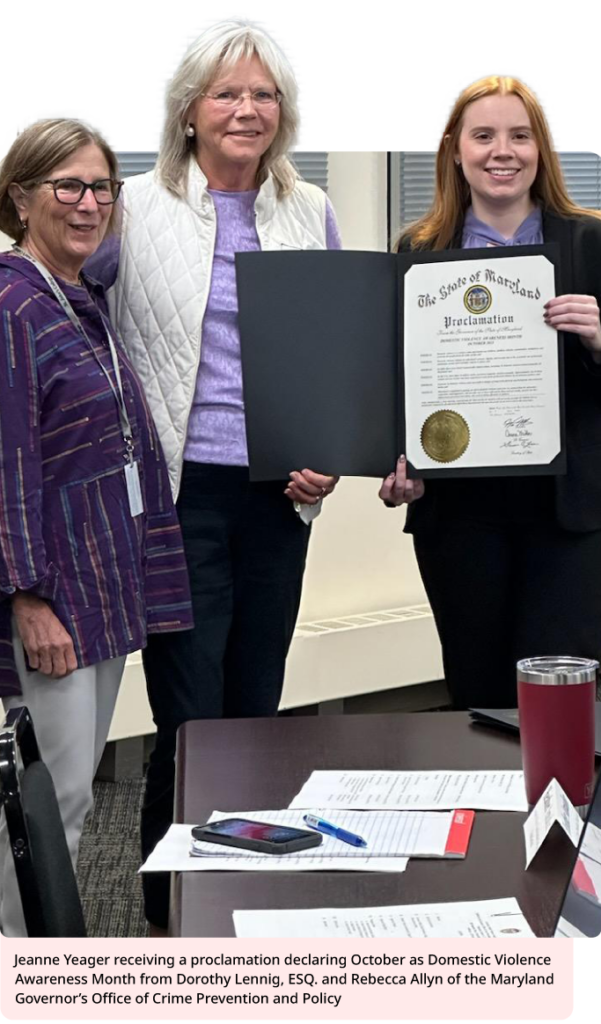
Solutions
The path to self-sufficiency
In 2015, MSCFV created the Chesapeake Crisis to Self-Sufficiency Model (CCSSM)™ which helps each survivor build a life free from violence where they and their family can thrive. MSCFV developed service continuums and holistic case management, which supports clients with breaking the cycle of domestic violence.
Case managers provide support and advocacy to victims, crisis shelter, assistance with establishing short and long-term goals, information about their rights and options, understanding the civil and criminal court processes, and help with housing, employment, and job training. With this assistance, victims move from crisis to self-sufficiency.
![This is why places like [MSCFV] need to exist. In the face of these barriers, we must show people that, 'Hey, you want out? This is your way. You don't have to live like that.'"](https://www.bonterratech.com/wp-content/uploads/2024/11/mid-shore-quote-1.png)
Comprehensive case management
In 2016, MSCFV began using Bonterra Apricot to track all client interactions, services, and outcomes. The software has become central to MSCFV’s daily work. When a hotline call comes in, the advocate responding will look up the victim in the system to see if they have served them before. This allows the advocate to quickly review the case notes to get updated on what is happening with that client.
Case managers utilize the referral system for referring clients to housing, transportation, legal, or financial assistance, which quickly and seamlessly refers the client’s information to the appropriate staff.
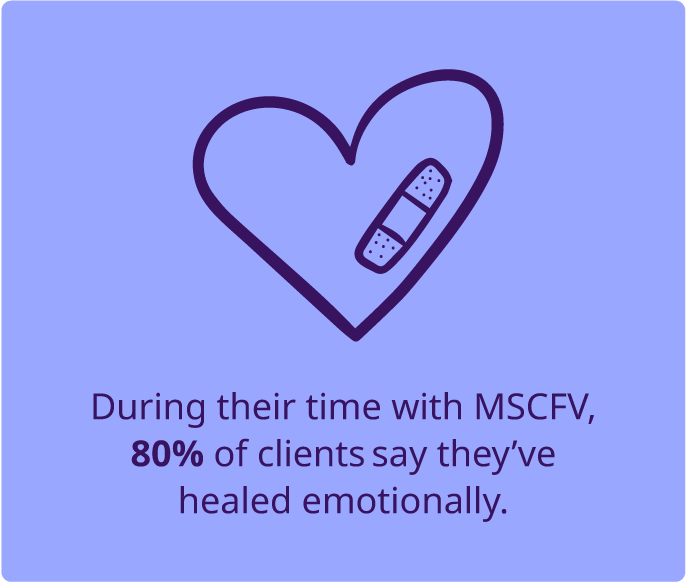
Most importantly, the software has had a profound impact on clients themselves. “Victims begin their journey by calling the hotline,” says Dr. Pamela Jordan, special projects and evaluation director. “After talking to the hotline advocate, they meet with their case manager. With [Bonterra’s] impact management software, they don’t have to keep sharing their story and reliving trauma. The information is there every step of the way to enable staff to best support the client.”
Impact
A future they deserve
With their holistic model, MSCFV continues to guide individuals and families toward a new violence-free future. In 2023, the organization witnessed increases in the number of hotline calls received and the number of domestic violence victims receiving services. MSCFV responded to 56% more hotline calls than the previous three-year average. Caseloads have been running 20-30% higher than in prior years.
The growing number of active clients points to the organization’s increasing impact, as well as to the prevalence of domestic violence in rural communities. Nonprofits like MSCFV remain critical to rural communities whose residents face unique and specific barriers to resources.
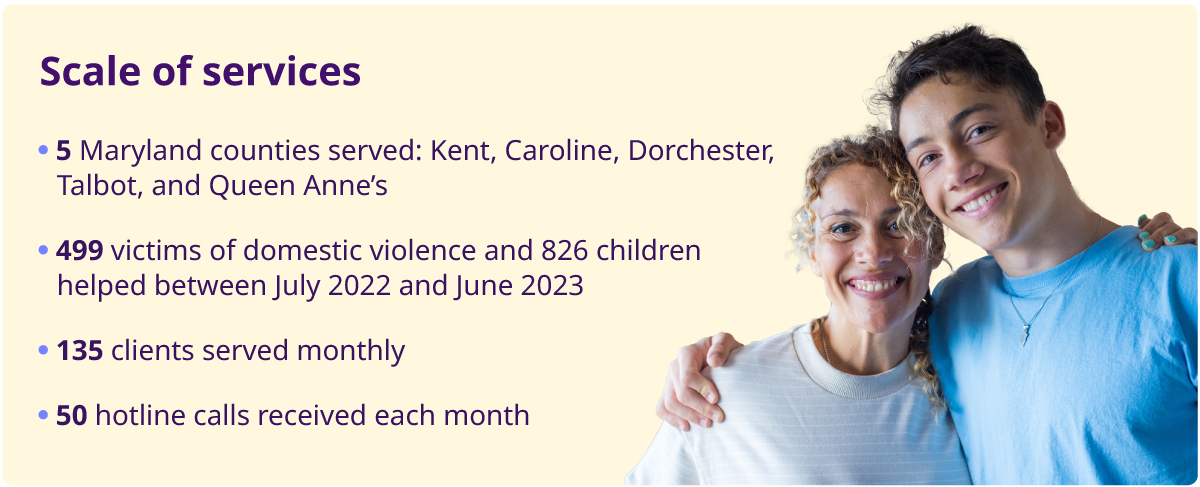
“Surprisingly, here would be the last place I would think I would get any help; I think in the city there would be more resources or somewhere where there are more people and organizations involved. I just can’t believe how smoothly everything has gone! MSCFV has helped me get an attorney, provided care packages, helped with transportation, energy assistance, food stamps, medical assistance, resources in the community, and support groups,” says L*.
T* adds, “You don’t need to know what all the steps are, you just need to take the first one. Then somebody’s going to guide you and you won’t be alone.”
*Survivors quoted in this story were helped by MSCFV. To protect their privacy, they’re referred to by an initial.

Work with Bonterra



